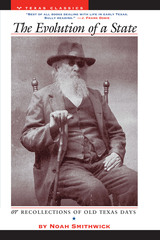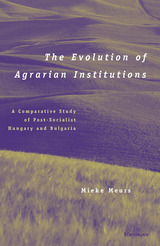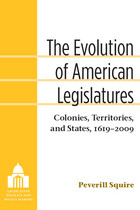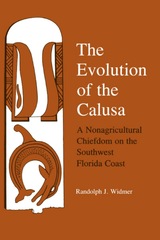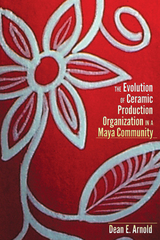Paper: 978-0-8166-5877-0
John Wesley North and the Reform Frontier was first published in 1965. Minnesota Archive Editions uses digital technology to make long-unavailable books once again accessible, and are published unaltered from the original University of Minnesota Press editions.
This biography is the absorbing and significant story of a frontier life in America in the nineteenth century. John Wesley North was a carpetbagger in the best sense of the word, and professor Stonehouse points out that no fallacy is more persistent in American history than the generalization that carpetbaggers were evil opportunists peculiar to the southward movement after the Civil War. North's aims, ambitions, and ideas were typical of many carpetbaggers whose common aspiration was the evangelical humanism that flourished in all of the English-speaking world at that time except in the slave-holding South.
Born in upstate New York in 1815, North migrated westward. For the rest of his life he pursued business and political interests with equal zest and championed many social causes. He went to Minnesota, Nevada, and California without enough money to live on, yet contributed significantly to their early history. He was a founder of Minneapolis, proprietor of Fairbault and Northfield, a founder of the University of Minnesota and of the Republican party in Minnesota, and a leader in the state's constitutional convention. In Nevada he helped shape land policy and mining law and found its cities and was president of the 1863 constitutional convention. He helped develop Southern California, where he established Oleander and Riverside. These three states welcomed him as a penniless dreamer, and he added much to the development of each. But in Tennessee, where he arrived with a fortune, eager to help rebuild the war-torn state, his best efforts resulted only in recrimination and his financial ruin. Thus North's life illustrates the sorry truth of General Sherman's comment that the carpetbaggers built the West but were not permitted to build the South.
See other books on: Biography & Autobiography | Historical
See other titles from University of Minnesota Press




